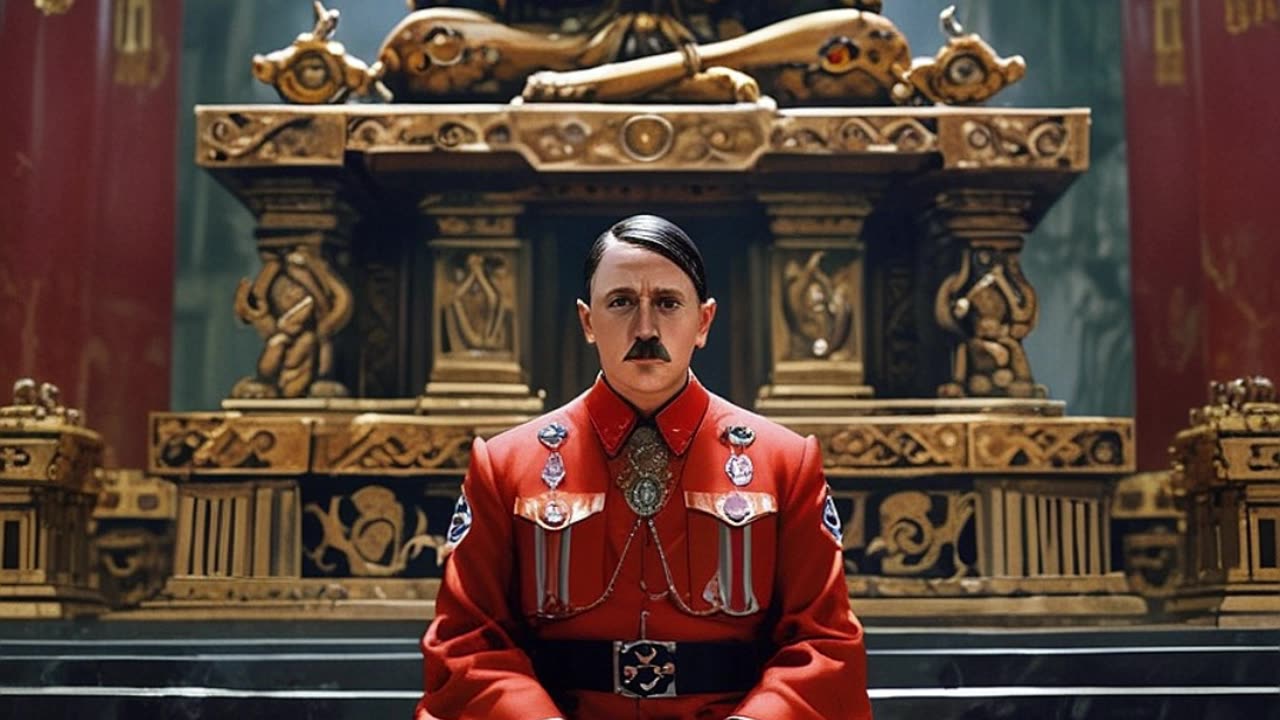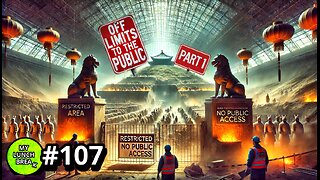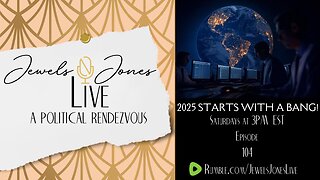Premium Only Content

Adolf Hitler's Speech - January 30, 1939
Adolf Hitler's Speech - January 30, 1939
Background Leading Up to the Speech:
Six Years of Nazi Rule: January 30, 1939, marked the sixth anniversary of Adolf Hitler's appointment as Chancellor of Germany. During this period, the Nazi regime had consolidated power, transformed the political landscape, and implemented significant social and economic reforms.
Expansionist Ambitions: Germany had successfully annexed Austria (Anschluss) in March 1938 and secured the Sudetenland through the Munich Agreement in September 1938, demonstrating its growing influence in Europe.
International Tensions: Europe was experiencing increasing tensions as Germany's assertive foreign policy actions caused concern among other nations, leading to heightened diplomatic and military preparations.
Key Points of Hitler's Speech:
Key Themes:
Anniversary Reflections: Hitler began by reflecting on the accomplishments of the Nazi regime over the past six years, emphasizing the restoration of economic stability, reduction of unemployment, and revival of national pride in Germany.
Foreign Policy Justifications: He defended the regime's foreign policy actions, particularly the annexation of Austria and the acquisition of the Sudetenland, arguing that these moves were necessary for the protection and unification of ethnic Germans and the restoration of Germany's rightful place in Europe.
Critique of Western Democracies: Hitler criticized Western democracies, especially Britain and France, accusing them of hypocrisy and aggression. He claimed that their opposition to Germany's expansion was motivated by a desire to suppress Germany's resurgence and maintain their own dominance.
Military Preparedness: Emphasizing the importance of military strength and readiness, Hitler assured the German people that the nation's armed forces were prepared to defend the country and achieve its strategic goals.
Vision for the Future: Hitler outlined his vision for a new European order led by Germany. He spoke of a future in which Germany would be the leading power in Europe, ensuring stability and prosperity through its leadership.
Analysis:
Consolidation of Power: The speech celebrated the achievements of the Nazi regime, reinforcing Hitler's position as the undisputed leader of Germany. By highlighting economic and social successes, Hitler aimed to strengthen domestic support.
Justification of Aggression: Hitler's defense of his foreign policy actions was intended to justify Germany's expansion and present these moves as legitimate and necessary. This narrative aimed to counter international criticism and rally nationalistic sentiments.
Military Focus: Emphasizing military strength and preparedness reassured the German people of the regime's capability to protect and advance national interests. It also served as a warning to other nations about Germany's military power.
Vision of Dominance: Hitler's vision for a new European order reflected the broader goals of Nazi ideology. This vision included German dominance and the restructuring of Europe under German control, laying the groundwork for the territorial ambitions that would lead to World War II.
Overall, Hitler's speech on January 30, 1939, articulated Nazi policy, ideology, and ambitions comprehensively. It celebrated the regime's achievements, justified its aggressive actions, and outlined a vision for Germany's future as a dominant power in Europe. The speech was a significant moment in the lead-up to the global conflict that would soon unfold.
-
 29:53
29:53
MYLUNCHBREAK CHANNEL PAGE
1 day agoOff Limits to the Public - Pt 1
80.3K108 -
 16:03
16:03
Tundra Tactical
10 hours ago $13.07 earnedNew Age Gun Fudds
108K15 -
 8:22
8:22
Russell Brand
14 hours agoThey want this to happen
192K389 -
 2:06:43
2:06:43
Jewels Jones Live ®
1 day ago2025 STARTS WITH A BANG! | A Political Rendezvous - Ep. 104
106K38 -
 4:20:41
4:20:41
Viss
14 hours ago🔴LIVE - PUBG Duo Dominance Viss w/ Spartakus
84K10 -
 10:15:14
10:15:14
MDGgamin
17 hours ago🔴LIVE-Escape From Tarkov - 1st Saturday of 2025!!!! - #RumbleTakeover
67.8K2 -
 3:54:19
3:54:19
SpartakusLIVE
13 hours agoPUBG Duos w/ Viss || Tactical Strategy & HARDCORE Gameplay
78.6K1 -
 5:54:54
5:54:54
FRENCHY4185
14 hours agoFRENCHY'S BIRTHDAY BASH !!! THE BIG 40 !!!
87.2K3 -
 1:23:33
1:23:33
Michael Franzese
22 hours agoThings to look forward to in 2025
105K62 -
 3:23:02
3:23:02
I_Came_With_Fire_Podcast
23 hours agoDefeating VICTIMHOOD: Advocacy, Resiliency, and Overcoming Abuse
108K19